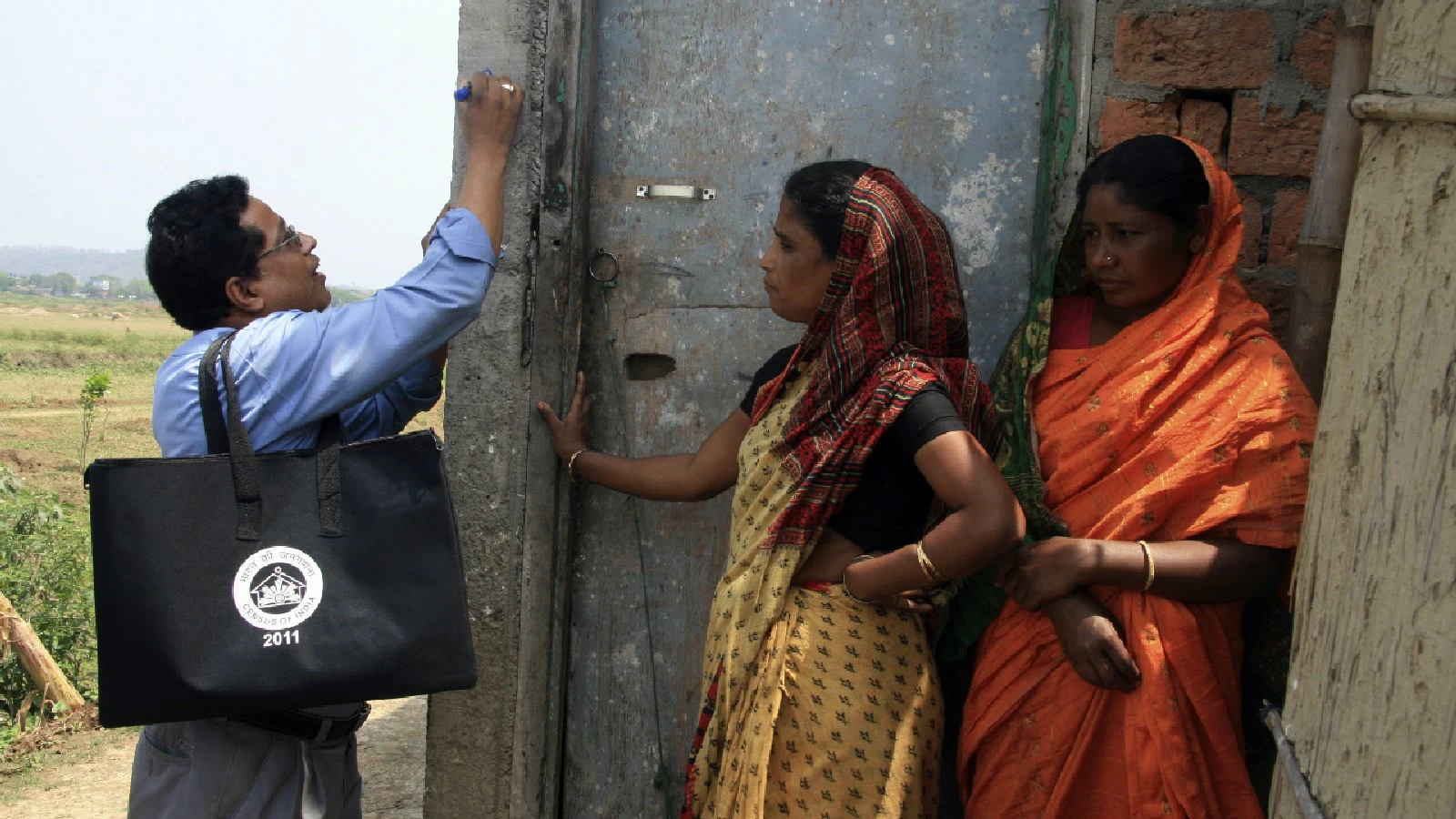By KNEWS
Copyright kaieteurnewsonline

Is the PPPC holding up the appointment of Cabinet?
Sep 12, 2025
Features / Columnists, Peeping Tom
Kaieteur News – Today is the 12th of September 2025, eleven long days since Guyanese went to the polls on the 1st of September. By now, the country should have been settling into the rhythms of a new administration.
The unofficial results of the elections would have been known to the governing People’s Progressive Party/Civic (PPPC) as early as the 2nd of September. A full ten days later, however, the government still has no Cabinet. The President was sworn in on the 7th of September, but as of this writing—four days later—no Ministers have been named.
This delay is troubling and frankly unacceptable. The President cannot argue that there was insufficient time. The PPPC has had ample opportunity, even before the elections were called, to decide on its parliamentary team and to consider who should be entrusted with ministerial portfolios. The transition from campaign to governance should have been swift. Instead, we find ourselves more than a week after the elections with no Cabinet and no clear indication of when one will be named.
Even more concerning is that the President has already embarked upon major policy engagements in the absence of named Ministers. Over the past week, he has met with IT staff of government ministries as part of his digitisation drive. He has also sat down with stakeholders in the financial sector. Yet no Minister of Finance has been appointed, nor has there been a Minister responsible for information and communication technology.
If this is an indication that the President intends to personally assume responsibility for these portfolios, then that is his prerogative. The Constitution allows the President to hold ministerial responsibility in his own right. But if that is not the case, then convening these meetings without Ministers in place raises the question of whether the President is making unilateral decisions without the advice of his subject Ministers.
The Constitution of Guyana does not provide an excuse for this delay in making Ministerial appointments. Article 103(2) makes clear that Ministers may be appointed either from among elected members of the National Assembly or from among persons who are qualified to be elected to the Assembly.
The President does not have to wait for Parliament to be sworn in before he names some of his Ministers. Article 103(3) tempers presidential discretion by requiring that not more than four Ministers may be from persons who are not elected but eligible for election to the National Assembly. This provision ensures that the Cabinet is anchored in the elected legislature and that the executive remains accountable to the people through their representatives.
While nothing in this requirement prevents the President from moving ahead with appointments, he needs to ensure that the majority of those whom he appoints as Ministers will sit in the Assembly. If therefore, the PPPC is prevaricating about who will be represented in parliament, the President should force their hand by announcing some of his Ministers. This will make his and their task easier.
By moving ahead in this way, the President would not only demonstrate decisiveness but also avoid the perception that government is stalled while internal party matters are being sorted out. After all, the nation cannot be asked to wait indefinitely on the PPPC’s internal deliberations when the machinery of State must continue to function.
The absence of a Cabinet has practical consequences. Ministries are without political leadership at a time when pressing decisions are being made. Stakeholders are left uncertain about who will be their point of contact in government. The bureaucracy lacks direction, and the public is left guessing about the new government’s priorities and the personalities who will be charged with implementing them. In a period of transition, clarity and decisiveness are vital. Instead, there is drift.
The people of Guyana did their part on the 1st of September. They went to the polls and delivered a verdict. The President was sworn in swiftly on the 7th. From that moment, the machinery of government should have been set in motion without delay. Instead, the nation is left in suspense, watching the President conduct high-level policy discussions without the Ministers who will eventually be held accountable for those initiatives.
To leave the country without a Cabinet four days after being sworn in to office is disappointing. It sends the wrong message about preparedness, efficiency, and respect for the electorate. Guyana deserves better.
The hope, of course, is that before the end of today, a Cabinet will finally be named. But whether that happens or not, the delay has already undermined confidence. Leadership requires foresight and readiness. By now, the government should have been hitting the ground running. Instead, it is stumbling at the starting line.
(The views expressed in this article are those of the author and do not necessarily reflect the opinions of this newspaper.)
appointment, Cabinet, Peeping Tom, PPPC



